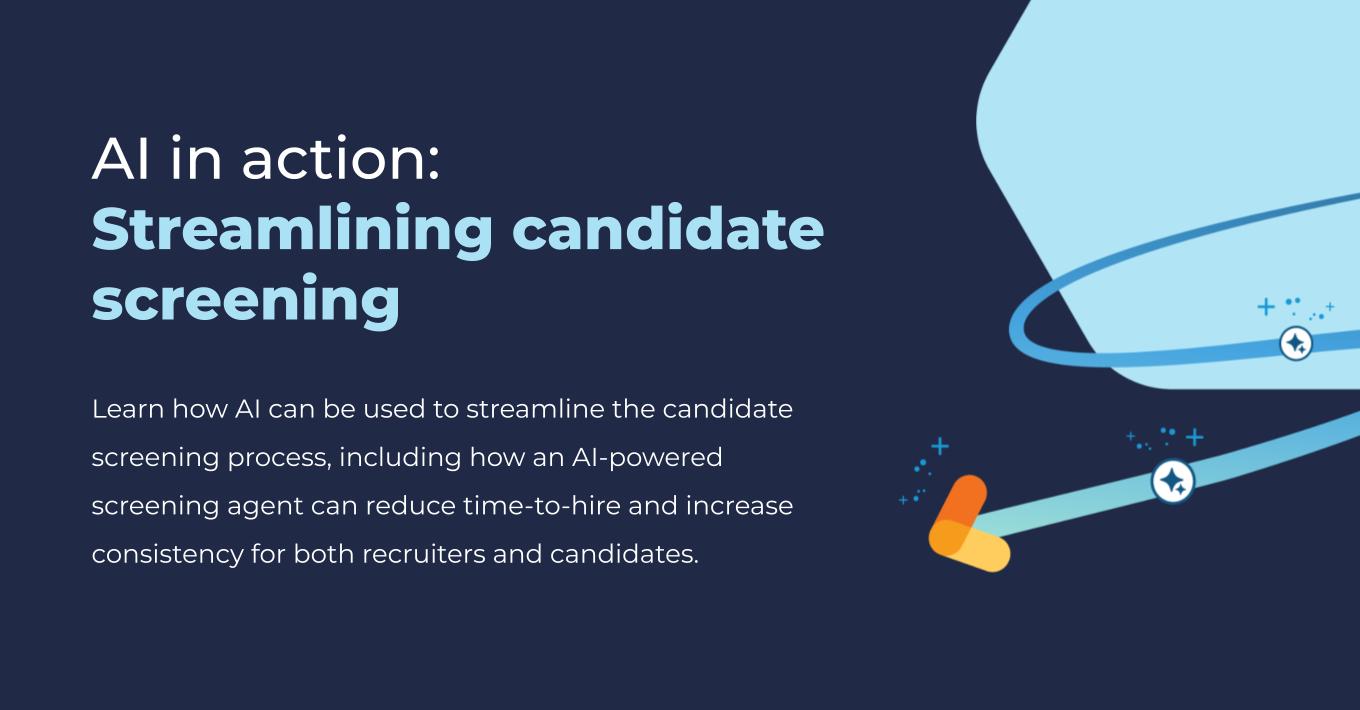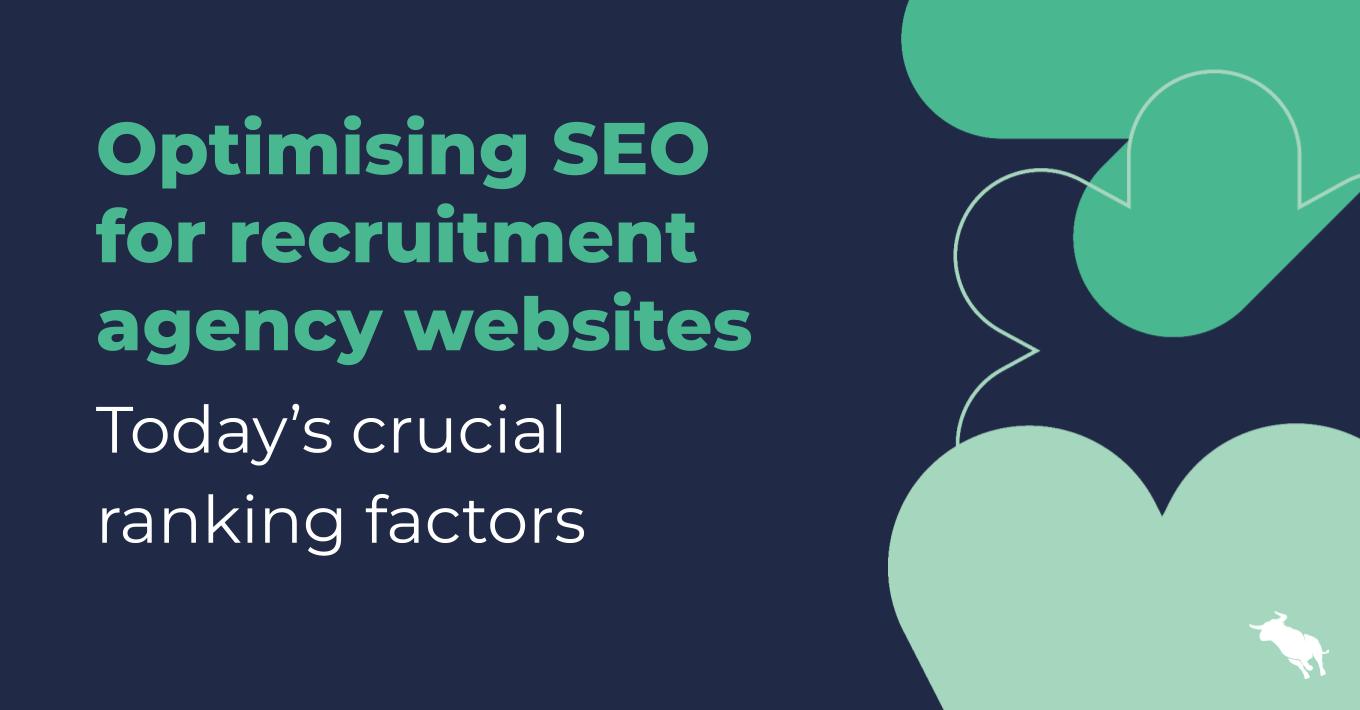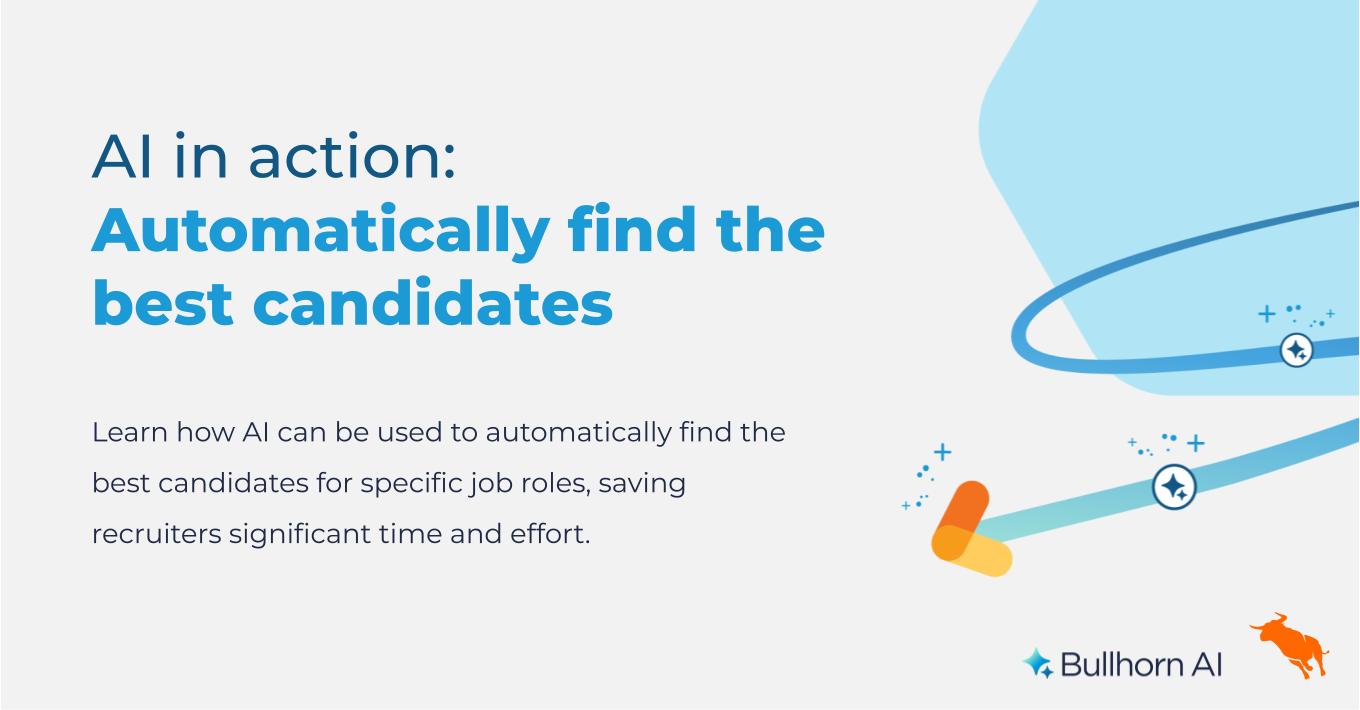Competitors: Can’t Live with Them; Can’t Thrive without Them
This is a two part series discussing the implications of mishandling your competition to your prospects (or when your competition tries to deceive the prospect about you) and specific tactics you can employ immediately to help you win more deals. Lying about your Competition NEVER Wins Deals. Ever. Period. Personally, I only have one rule to follow with regard to discussing my competition: never disparage the other guys, blatantly point out their faults, and above all else, never lie to win business. If you are so lucky as to get the business with deception, it’s a short-term win. The client always figures it out and ends up with your competition.
Have you ever entered into a business partnership with a person who doesn’t know their product or their industry’s competitive landscape? What about with someone who maliciously told mistruths, half-truths, or lies? I’m sure if you have, it was a mistake you only made once. Telling a prospective business partner anything negative will inherently make you appear dishonest, even if you have “good” information, and what you believe to be the best of intentions. Whether it’s another recruiting firm in your space, the candidate you know might get the offer but who you aren’t representing, or (dare I say) the internal rival in the next cubicle calling your old candidates, when you disparage the competition, even if you believe what you are saying is true, will come back to haunt you.
For example, recently a sales person I know – let’s call him Bob – got into a fierce battle with a competitor (Jane & Co) for a Client (ACME Co). Jane & Co provided ACME with a list of reasons not to buy Bob’s product. They said this list was from an ex-client of Bob’s and, I have to say, I read the list and the accusations were damning. Jane & Co thought they had the deal in the bag. They didn’t. They were out of the running the minute ACME shared the list with Bob. Here is what the list contained:
- “Issues” that in fact had existed 4+ years ago, and were long since fixed.
- “Issues” that are issues everyone had/has, not unique to this product.
- “Issues” that their own product was equally challenged with.
- And some issues that were simply untrue.
Once the list was shared, it was easy for Bob to combat the accusations, issues and lies. From a psychological stand-point, something very interesting happened. Jane & Co lost ALL credibility – regardless of the quality, price or competitiveness of their product or service – and they lost a potential client forever. As for Bob, he increased his influence with the client. He patiently listened to all of the accusations and carefully and methodically showed why each was incorrect.
What do you think? Have you found an instance where sharing disparaging but truthful information has helped you? Hurt you? In Part II we’ll cover how to respond to clients with misinformation and how to handle the question: Who is your top competitor?




